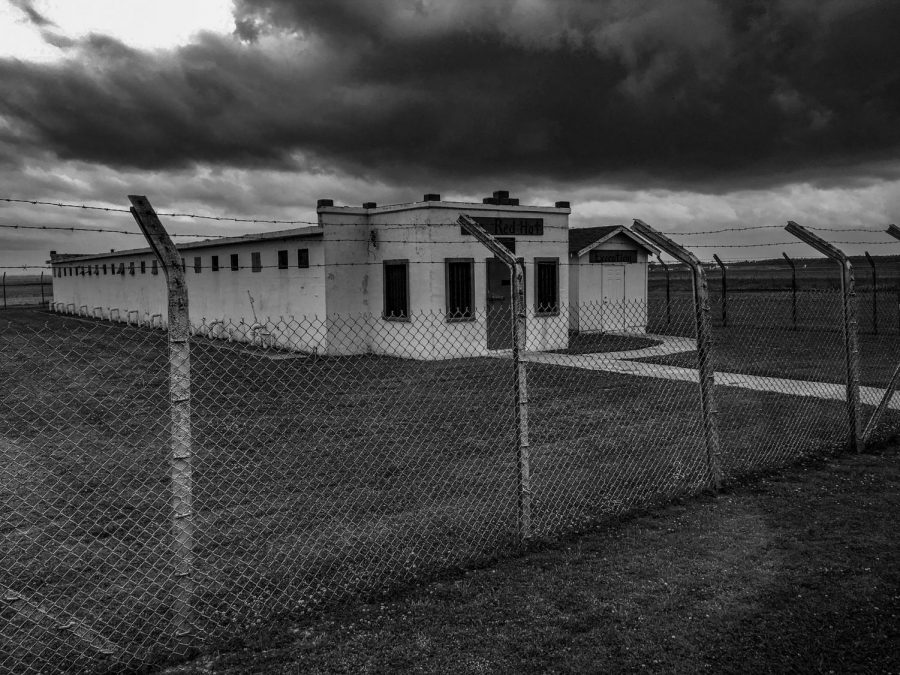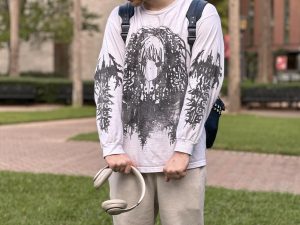Teach-ins educate students on criminal justice reform
Clouds shadow the old death row building at Louisiana State Penitentiary. The prison is the largest in Louisiana. Photo credit: Michael Bauer
November 6, 2019
In a state with one of the highest incarceration rates in the United States, the Jesuit Social Research Institute at Loyola is working to spread awareness about the problem of mass incarceration.
The institute worked together with Women Determined, a nonprofit organization founded to help women once they are released from prison, to conduct teach-ins on mass incarceration this fall and last spring.
The teach-ins contained small groups in which formerly incarcerated women who are part of Women Determined were able to share their stories openly.
The goal of such presentations, according to Policy and Research Fellow for the institute Dr. Sue Weishar, was to educate young people at Loyola on the issue of hyper-incarceration and how they may be able to be a part of its solution. It is additionally important for those being educated to hear from those directly affected, according to Weishar.
Weishar met Rhonda Oliver, founder and director of Women Determined through Catholic Charities’ program Cornerstone Builders.
“For me, it’s been so important to have this friendship working relationship with Ms. Oliver because I learn so much along the way and what I could share about research on Criminal Justice Reform, it just doesn’t come alive and it doesn’t have the meaning and the power when people really new to the issue hear about the issue,” Weishar said.
The organizations conducted three teach-ins at Loyola since last spring. They have sent and received back evaluations of the presentations in order to better and grow their program.
“We’re really pleased and looking forward to see what can come out of this, what future collaborations can happen, how we can stay involved and engaged, and see what journey this will take us on,” Weishar said.
Weishar noted that the presentations would not be possible without the courageous members of Women Determined who have been so willing to share.
Oliver, who gave a speech at each of the teach-ins, highlighted hyper-incarceration as an unjust social justice issue in need of reform. Weishar seconds Oliver’s sentiments.
“The attitudes of so many people in power are still ones of fear and indifference and of course pure political ambition and lack of courage,” Weishar said.
Both the institute and Women Determined hope that the mass incarceration teach-ins lead to reception and an eventual solution by making people aware of the issue.
“It’s going to be up with (young people) and their generation to solve it because it’s not going to be easy,” Weishar said.
Women Determined, with the help of the institute and Loyola students, is working to ensure that there are opportunities available to those who are released from prison.
“Prison is not the end unless you want it to be,” Oliver said.








